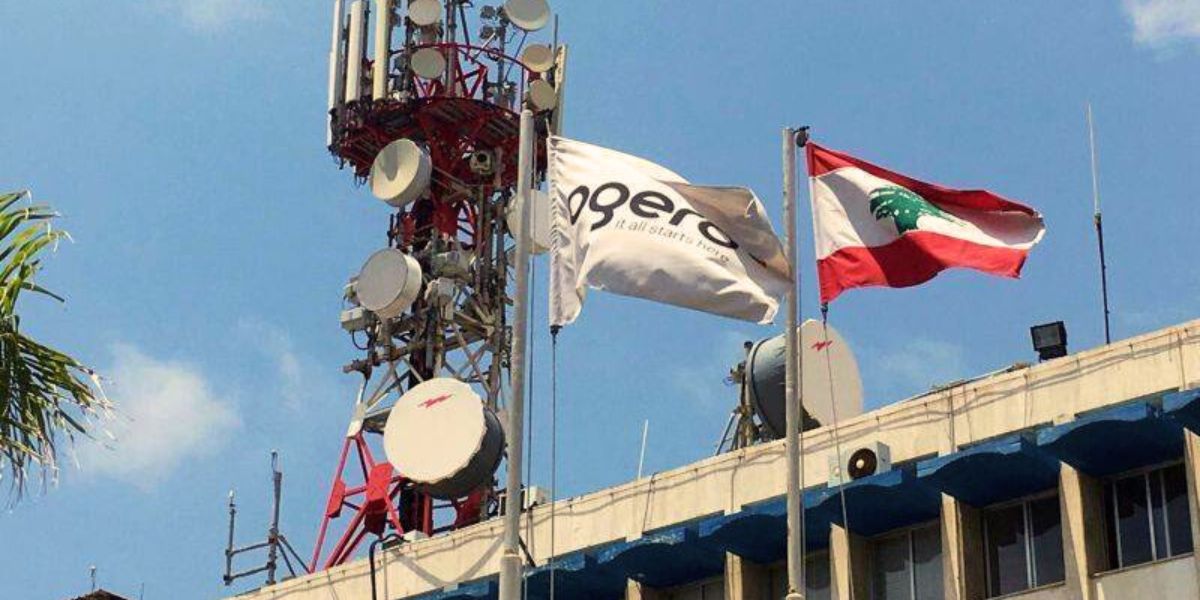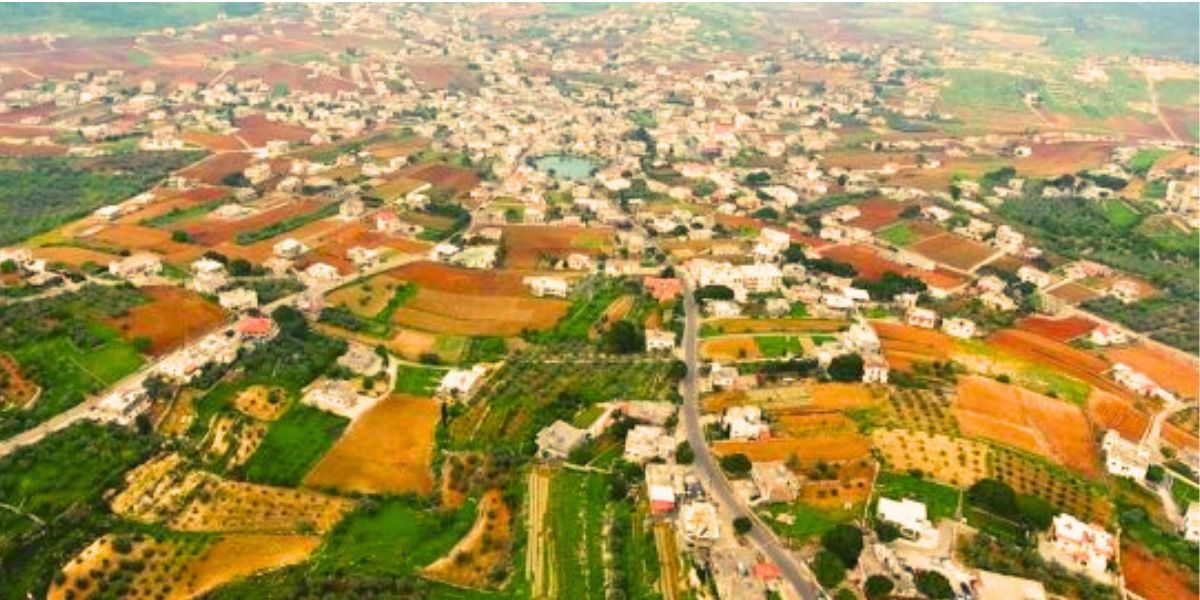The Support Group for Lebanon was established eight years ago to support the country on both the political and security fronts.
On October 22, 2019, then PM Saad Hariri met the ambassadors of the member countries and discussed planned reforms and stressed the importance of peaceful expression from the protesters.
These countries included the United States, Russia, France, the United Kingdom, Germany, Italy, and the European Union, along with representatives from China, the United Nations, and the Arab League.
The ISG met in France in December upon the plea Hariri addressed to various friendly countries to help Lebanon.
Lebanese leaders were accordingly urged to push to resolve the country’s political stalemate, insisting on Lebanese officials to “keep moving.”
Jan Kubis, the UN Special Coordinator for Lebanon, also insisted on Lebanese officials to take responsibility for what is going on, urging Lebanese authorities to “act responsibly.”
The representatives, who form the International Support Group for Lebanon, expressed support for economic reforms and protection of protesters but urged the leaders of Lebanon to engage in open dialogue with the country’s citizens.
As last December saw the nomination of former Minister of Education Hassan Diab, as Lebanon’s prime minister, the “quick” formation of a government to pull the country out of its economic crisis has yet to materialize.
Representatives from the International Support Group for Lebanon (ISG) expressed surprise last week at Lebanese political forces “for ignoring repeated calls to refrain from impeding the formation of a new government.”
The ISG warned that the international community would issue “a negative position” if the parties do not agree on a new cabinet in two weeks. However, it did not reveal the nature of such a stance.
A member of the ISG, who reportedly spoke to Asharq Al-Awsat, expressed the ISG’s international “disappointment” with the ongoing postponement in the cabinet formation process.
He went on to express that whenever the ISG demanded the “speeding up” of the formation of the cabinet, new obstacles would emerge ‘out of nowhere.’
The ISG members have urged political forces to relinquish what they consider as “their shares” in the cabinet lineup because the country cannot endure additional deterioration on the financial, social, and economic levels.
The members have further accused the ruling powers of failing to include the demands of the Lebanese general public (protesters) into account in this delicate and determining process.
















